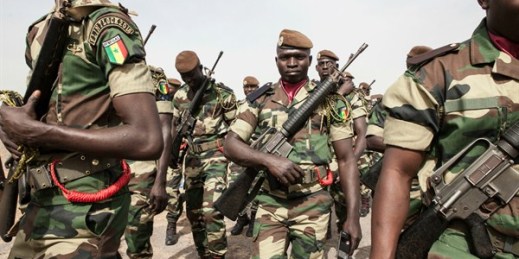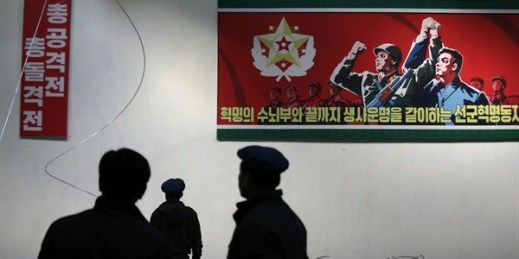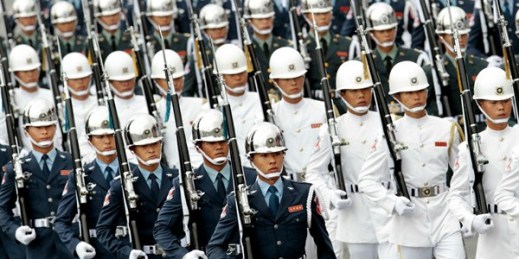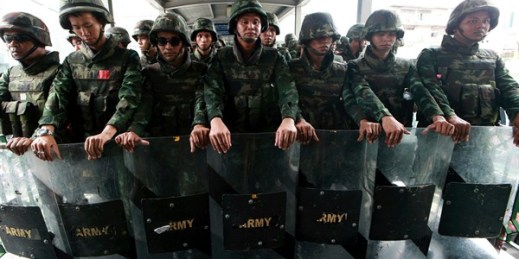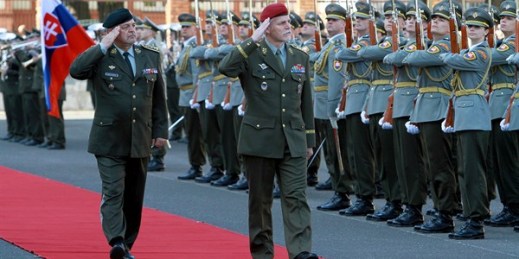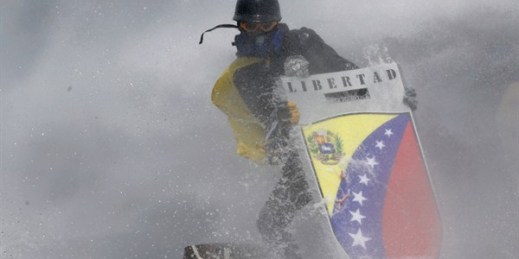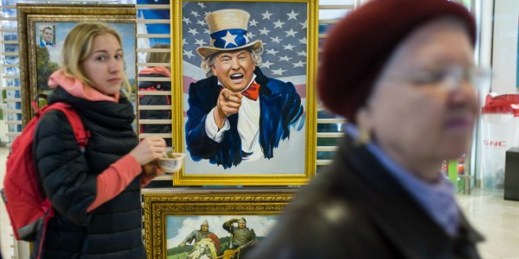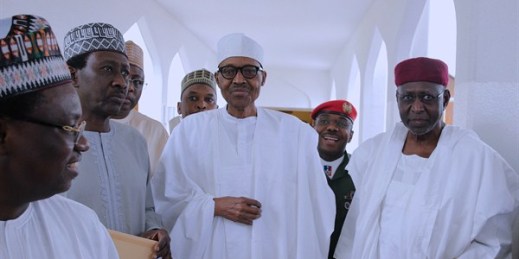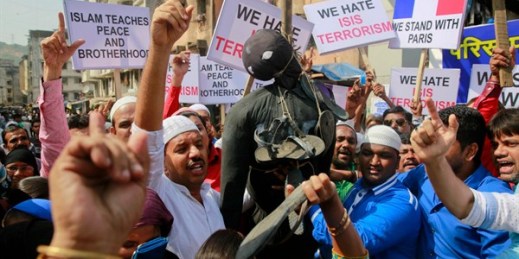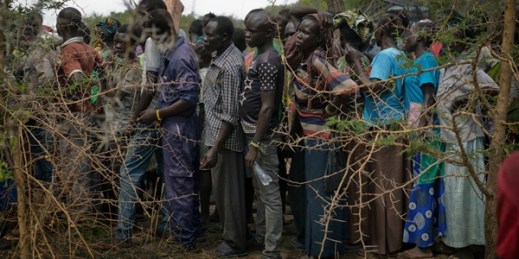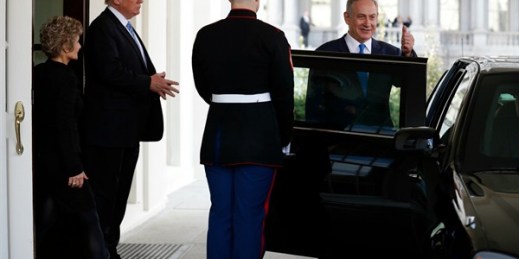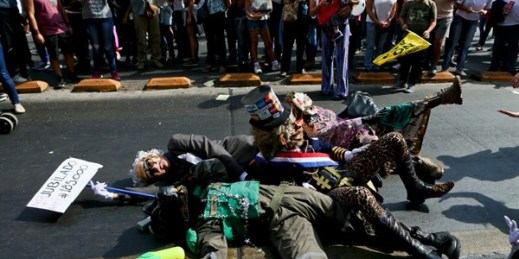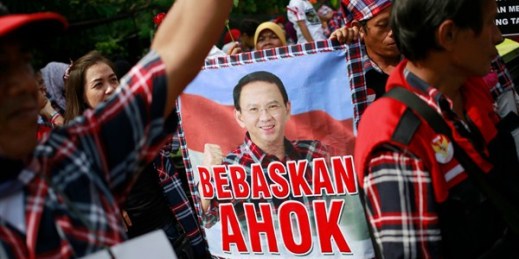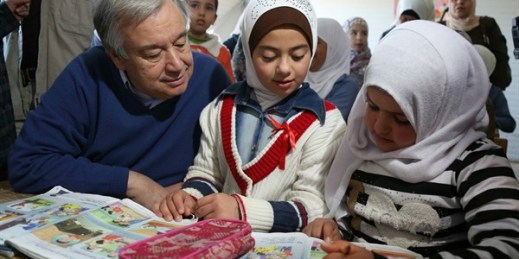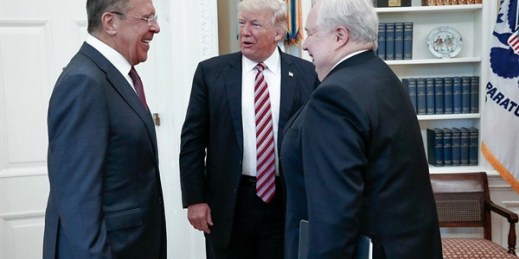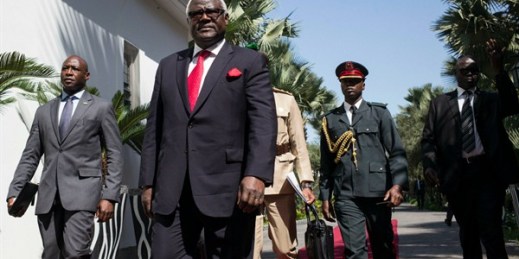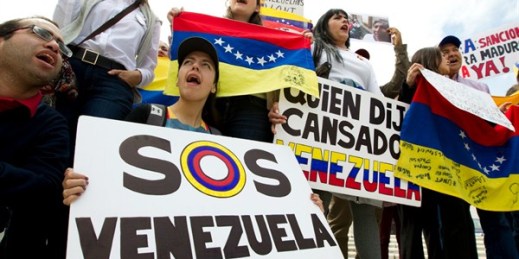
Venezuela is spiraling out of control. Daily life is growing ever more dire for most of the population, and the prospects for political reconciliation and an end to the humanitarian emergency are looking increasingly dim under the leadership of President Nicolas Maduro and his United Socialist Party of Venezuela, or PSUV. As the opposition struggles, so far unsuccessfully, to put an end to the crisis, the question arises: What can—or should—the international community do to help the Venezuelan people? On Wednesday, the U.N. Security Council held a closed-door meeting on the matter, a sign that the issue’s importance on the […]

